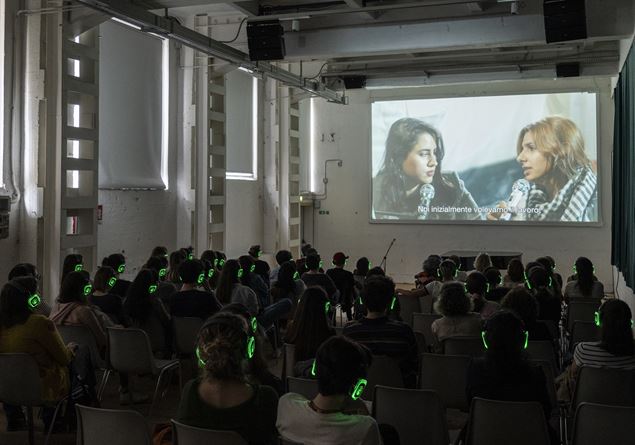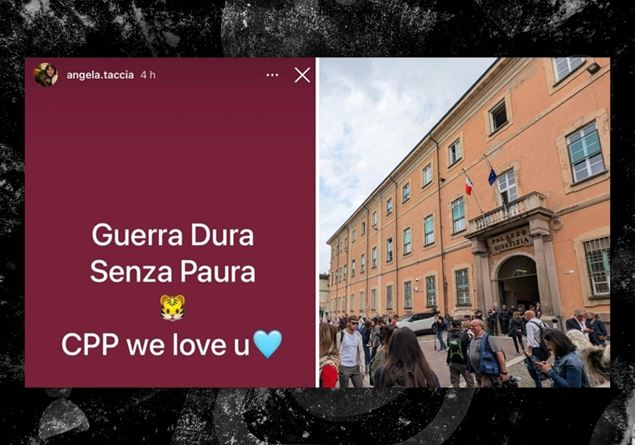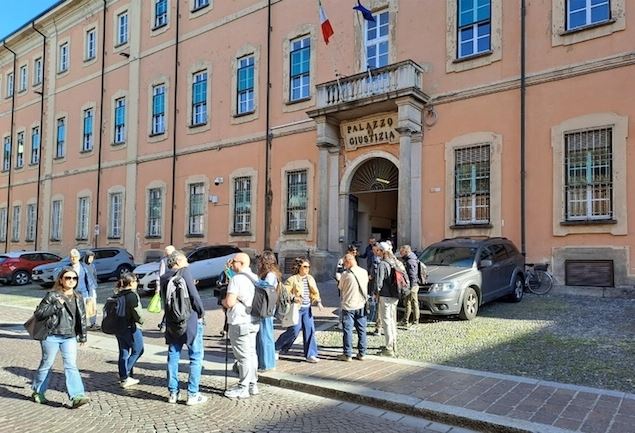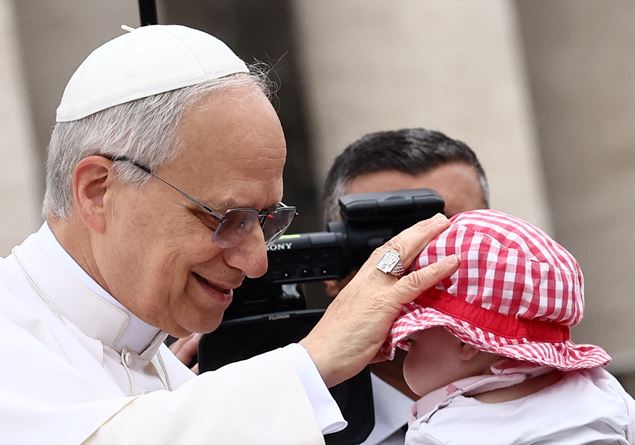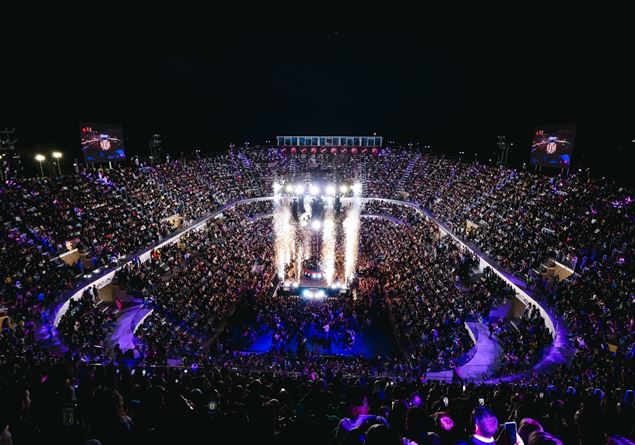In 2021 only 5% of girls attended secondary school in Afghanistan, and only a woman of five had a job. In 2025 in this country almost 23 million people need humanitarian assistance. Of them, 25% are women, 53% are children. In Palestine, in 2023 10% of school -age children did not go to school, 28% of children did not receive an education, professional training and did not have a job. In 2025 they need 3.3 million Palestinian humanitarian aid, of which 2.1 million in the Gaza strip. In Ukraine in 2025, 12.7 million people need humanitarian assistance, 31% of these are women, 20% children.
These are some of the data contained in the relationship Her Future At Risk. The Cost of Humanitarian Crises on Women and Girlsort (His future at risk. The cost of humanitarian crises on women and girls) of the WEWORLD NGO which, based on the data of the Childfund Alliance World Index 2024, analyzes the different impacts that humanitarian crises have on women, girls and girls, amplifying gender and generational inequalities already existing. The report examines eight countries: Afghanistan, Burkina Faso, Ethiopia, Mali, Mozambique, Niger, Palestine and Ukraine.
Weworld’s report will be the starting point of an in -depth analysis on humanitarian crises As part of the Weworld Festival, which returns to Milan, from 23 to 25 May in the basic spaces, for its fifteenth edition. To analyze in particular the condition of women and girls in Afghanistan, Palestine and Ukraine will be the Weworld Palestine staff and the Afghan journalist and activist Rahel Saya.
“United plurals”: they are the key words that inspire the Weworld Festival this year. Three days, over 90 guests, more than 50 free events, open to all, between art, photography, cinema, performances, workshops, talk, training moments. «They got used to choosing: mother or career, beautiful or intelligent, independent or respectable. Instead, we choose the E. the most feminist letter of the alphabet, the one that keeps together, which does not exclude. Because we are united and plural, free and different », he comments Greta Nicolinidirector of the Weworld Festival Milano. “At the Weworld Festival we will make all our voices feel.”
Among the events of the review, the exhibition Faces and stories from the margins He accompanies the public on a visual journey through global marginality, proposing a path that collects photographs from Afghanistan, Kenya, Tanzania and Ukrainian: faces and stories of women, girls and communities that resist the effects of conflicts, poverty and discrimination, through the shots of Jafar Mosavi, Daniele Ratti and Hugo Weber, and the works of Liberatha Alibalio, Annah. Nkyalu and Precious Seronga. Among the most anticipated events too Islandthe photographic project of Simona Ghizzoni: An autobiographical story that intertwines personal memory, rediscovery of roots and deep connection with nature.
Cinema will also play a central role with an international selection of films capable of telling stories of resistance, courage and dreams. Among the titles projected, My memory is full of ghosts Of Anas Zawahriindependent director of Palestinian origin residing in Syria, The public reports to the drama of Syria shocked by a long conflict, through the images of Homs, a city scarred by the warsuspended between the rubble of the past, life in the present in search of a normality in everyday life and the gaze turned towards the future.
To know the whole program of the review, website: weworldfestivalmilano.weworld.it
(In the photo, one of the appointments of the 2024 edition of the Weworld Festival)





